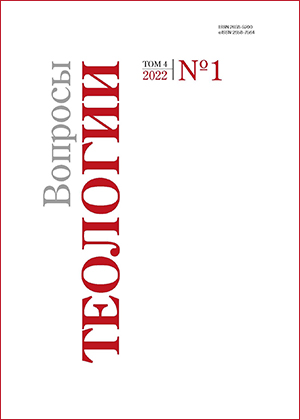On the foundation of the philosophical theology of Francisco Suarez: Disputation XXVIII of Disputationes Metaphysicae
DOI:
https://doi.org/10.21638/spbu28.2022.101Abstract
The article is the preface to the Russian translation of the second part of Francisco Suárez’s Metaphysical Disputations, which examines the successive divisions of “being in general” into its different modifications of varying degrees of specification (“contractions”). The first section of Disputation XXVIII introduces the primary division of being into God and creation, considers several synonymous formulations of it, and demonstrates their reference to the same reality. Next, in section two, Suárez analyzes the arguments against the adequacy of this primary division of being and refutes them. In section three, the Spanish philosopher explores the type of predication of being to God and creatures. He argues against the equivocality or univocality of the concept of being and concludes that it has analogical character. Next, Suárez examines the varieties of analogy formulated by eminent philosophers and theologians of the past, that is, the analogy of proportionality and the analogy of proportion, or external attribution, and shows their inadequacy to explain analogia entis. Suárez’s own position is that being is predicated on God and creatures according to the analogy of internal attribution, and he draws out the characteristics of this type of analogy. Disputation XXVIII as a whole is an introduction to Suárez’s natural theology, which he thinks of as an integral part of metaphysical knowledge.
Keywords:
God, creation, infinite and finite being, being from oneself and from another, necessary and contingent being, adequacy of the primary division of being in general, analogy of being, analogy of internal attribution
Downloads
References
References
Downloads
Published
Issue
Section
License
Articles of "Issues of Theology" are open access distributed under the terms of the License Agreement with Saint Petersburg State University, which permits to the authors unrestricted distribution and self-archiving free of charge.




